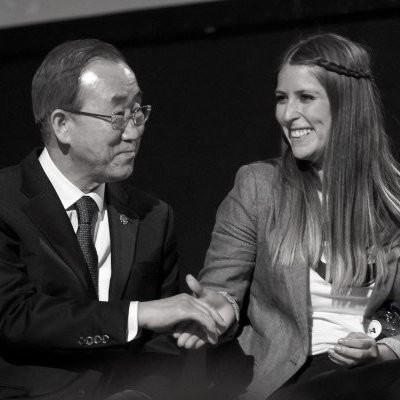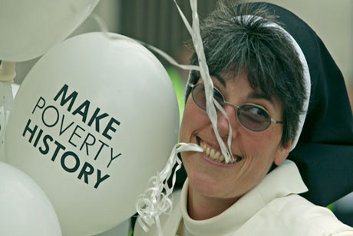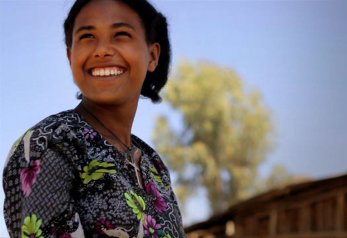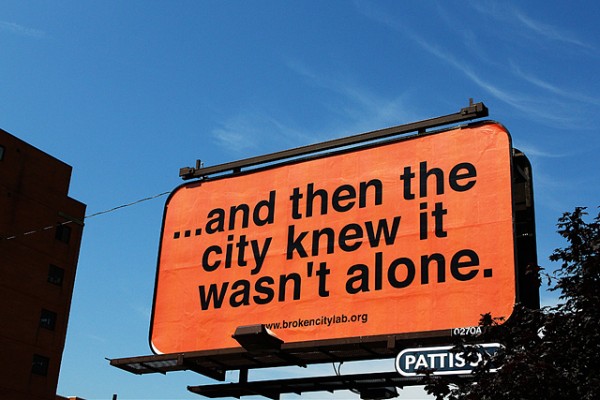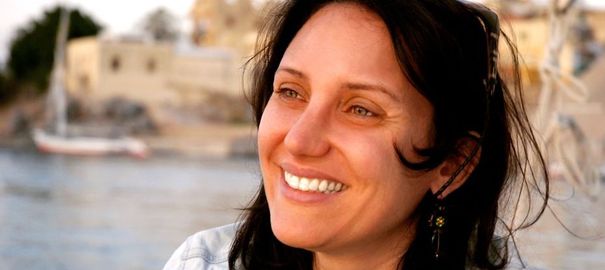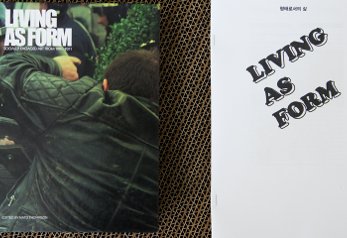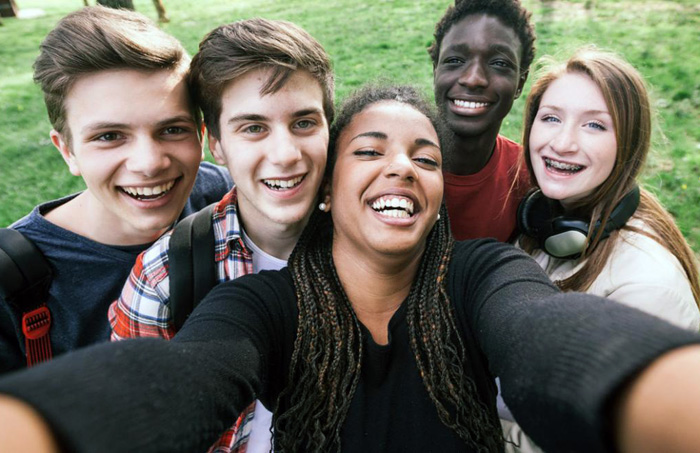
The brutality of the attack shocked the country and deeply affected the Newbury Park community, of which Sana was a well loved member. The community came together in the strongest way to support the family. The funeral was funded by Garden of Peace, local police were overwhelming in their support, and a crowdfunding campaign raised over £8000 for the family. However, what touched me most was how 4 months later, the community continues to support Sana’s family through a food rota.
I was struck by the gesture of reaching out through food. A powerful gesture, yet not intrusive. Coming from a Latin family, cooking is most definitely a practical act of love. I always return from my mother’s waylaid with Tupperware of home cooked meals, fully understanding the gesture of hours of her time cooking for me. And, for Sana’s husband and the children, the simple act of cooking holds a much deeper symbol of support. Each meal is accompanied by the unsaid communication that we, as a community are looking out for you.
So, she put out a message to the Newbury sister’s Whatsapp group, created for the mothers of children at the local primary school to ask for details from those who wanted to continue cooking. The response was amazing and the message quickly spread through different circles, shared with friends of friends who all wanted to contribute in some way.
I admit, I myself fall into this category. On reflection, I wish I had made the rounds when I first moved into my flat. Although, in all honesty, social awkwardness would likely have prevented me knocking on anyone’s door. And surprisingly, I haven’t caught sight of a single soul on my floor to even reach out and say hello to. Knocking on someone’s door seems invasive and certainly nobody came round with welcome muffins. It appears I am not alone in this, with two thirds of Brits admitting that days can pass without seeing others living on the same street.
Promisingly, the government has recently launched its first loneliness strategy, referring patients to community activities and voluntary services. One of the initiatives is the £1 million pocket park fund to transform unused spaces into new green areas with the aim to encourage interaction with neighbours. Safe public spaces are essential for social interactions.
Although one step in the right direction, we too need to change our ways. We need to get out and connect with our community and whilst doing so, actively keep out an eye for neighbours that might appreciate that extra TLC. Closer bonds and trust in communities can lead to the most powerful gestures of support and an empowered and united community has the strength to bring real positive change to all those within it.
Angela Tolliday is Senior Programme Manager at Acumen


